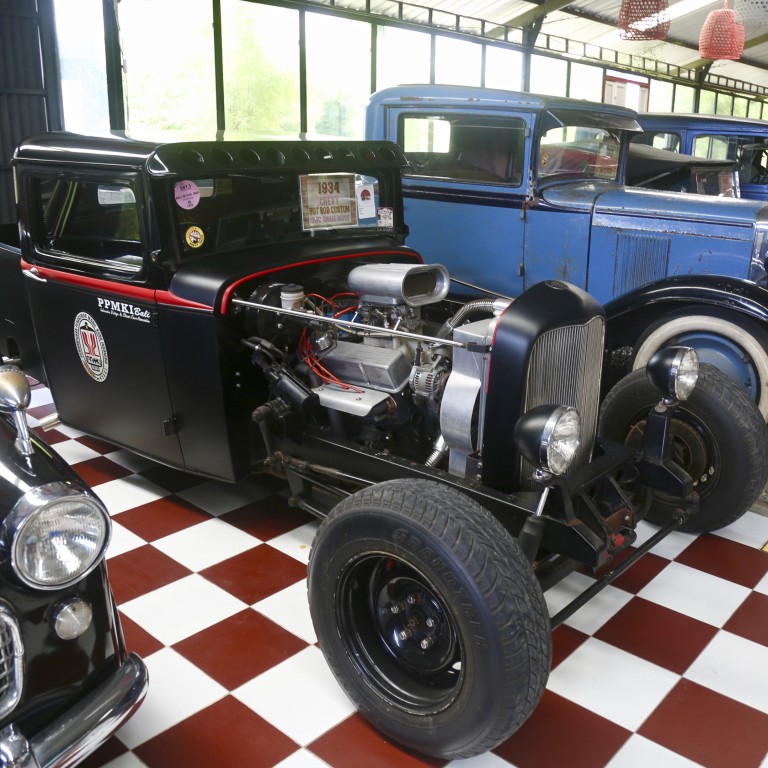
From a Ford V-8 hot rod to a Chevy Impala 60, Bali museum shows Indonesia’s love affair with classic American cars
- After Covid-19 stalled his event management company in Bali, Jos Dharmawan used his collection of more than 100 vintage cars for an alternative business venture
- ‘I love American cars. They are so spacious and wide,’ says proprietor of Kebon Vintage Cars, where visitors can admire memorabilia as they eat American food
Seeing their businesses decimated by the coronavirus pandemic, entrepreneurs in Asia have launched new products and services. Others have become “philanthropreneurs”, leveraging their business know-how and assets to help mitigate social problems like mass unemployment. Jos Dharmawan has done both.
After graduating from law school in the Indonesian capital, Jakarta, the 63-year-old spent the first two decades of his career working in event management, renting sound systems for weddings and corporate events. In 1998, he relocated to Bali to capitalise on the tourism boom and start a business of his own.
Over the years, Focus Productions grew to become the resort island’s biggest event management company, delivering solutions for sound, lighting, staging, set design and live performances.
“I wanted to make my mark in life and Bali is where I was able to do that,” Dharmawan says. He was also able to give his daughter, Christia, a foothold in the events industry. “I got to help build my father’s dream,” says Christia, who by 2020 had been promoted to the role of creative director.
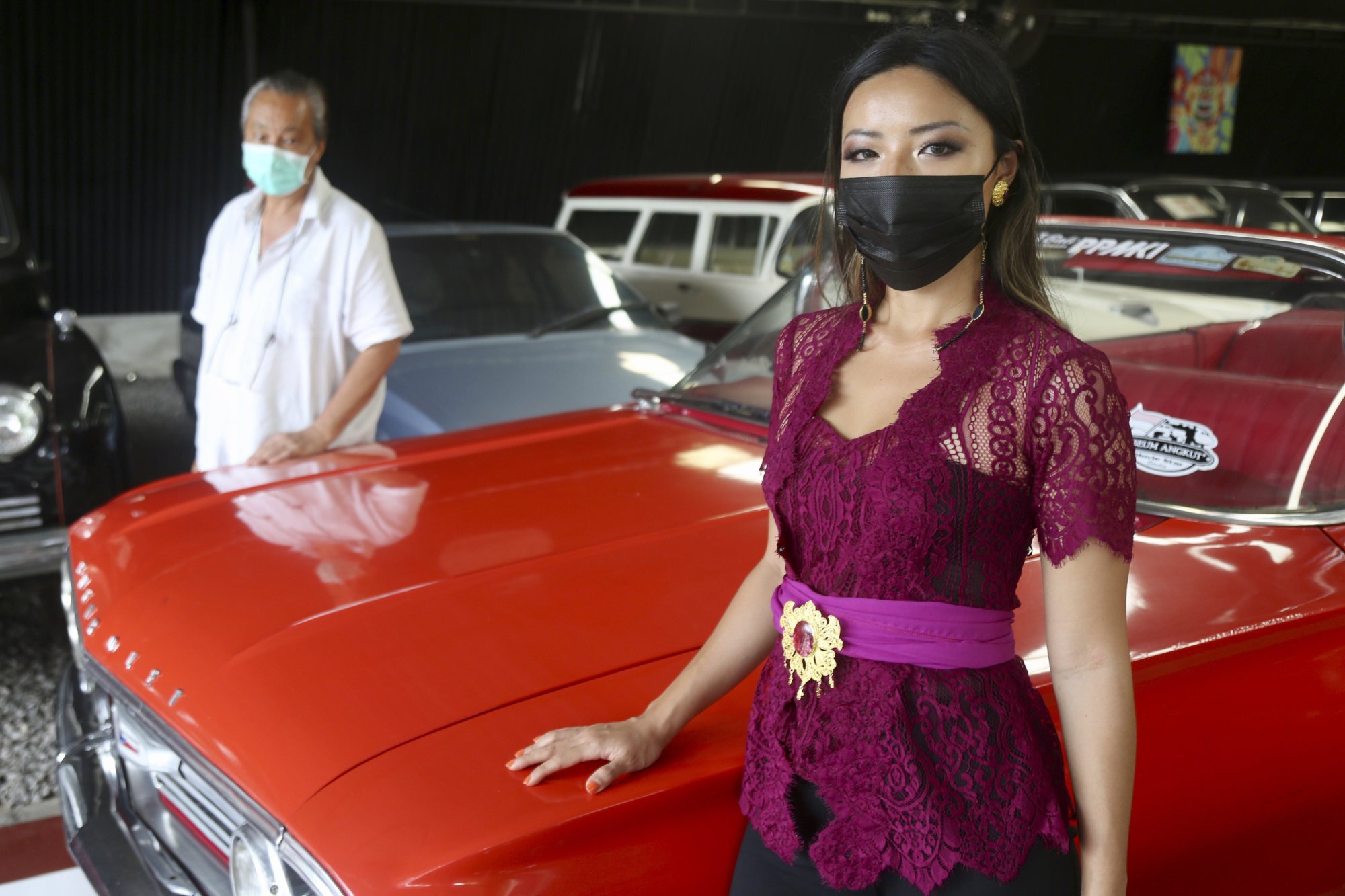
But a year ago, when tourist arrivals in Bali slowed to a trickle and every major event on the island was cancelled because of the pandemic, father and daughter, and their 300 employees, were left with nothing to do. “Things were really hard for us,” Christia says.
The solution was to put their time and energy into building Indonesia’s first privately owned car museum.
The Hong Kong artists who love to sketch vintage cars
The inventory – a collection of more than 100 antique, vintage and classic cars Dharmawan had put together over a quarter of a century – was already on hand. And father and daughter owned a suitable site – a 7-hectare (17-acre) plot on the eastern fringe of the island’s capital, Denpasar, where many of Dharmawan’s cars were stored.
All they needed to do was build a museum and figure out a way to monetise the concept.
“My father had been talking about building a car museum for more than a decade,” Christia says. “But to do so you need lots of time and we never had the time because we were always so caught up in the main business. But when Covid-19 arrived, we became desperate to find a way to keep our employees productive so they could feed their families.
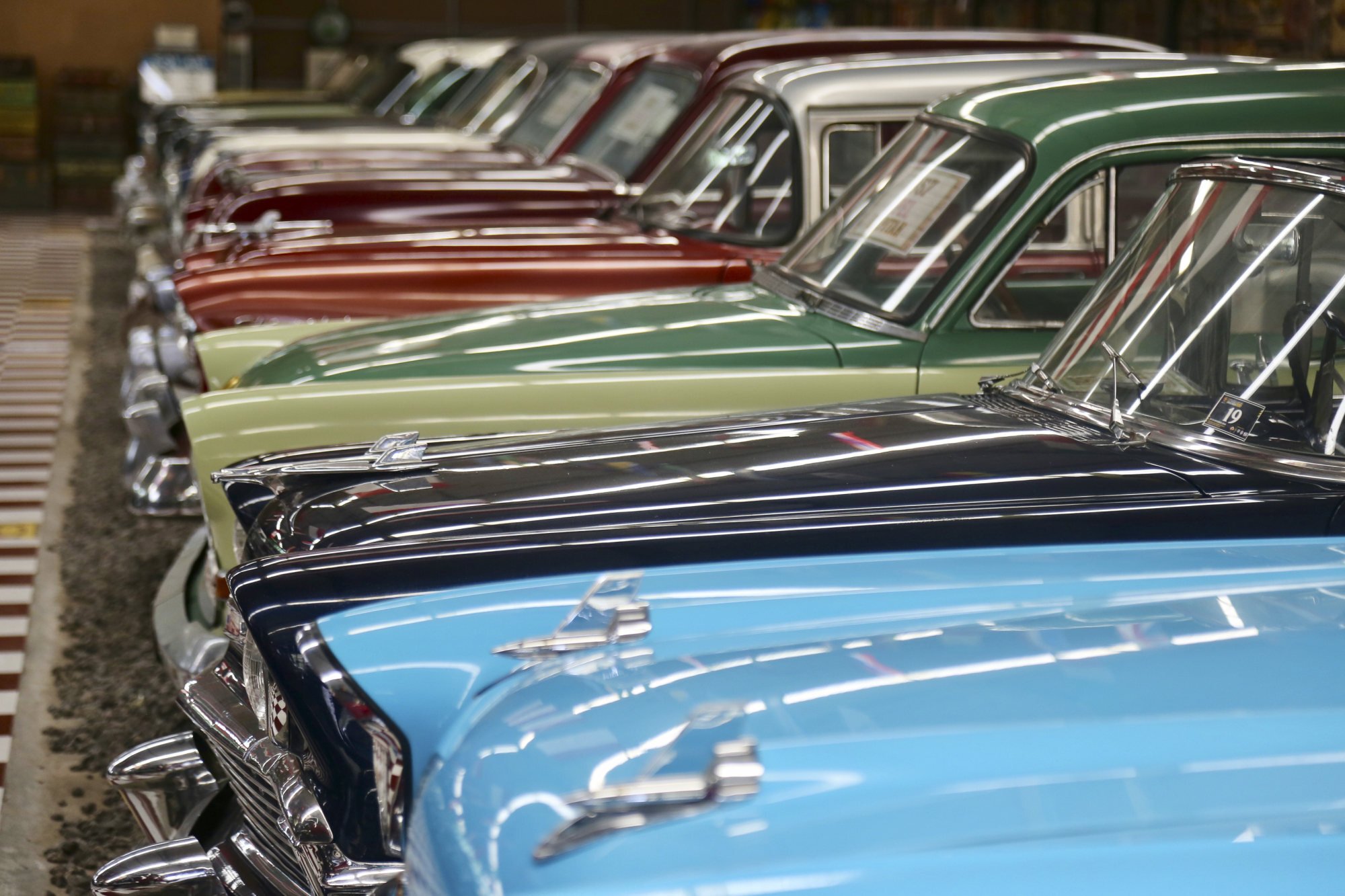
“So we did a complete pivot and went into the museum business. We knew ticket sales at museums in Indonesia are poor and realised that the only way to make it succeed was to create a multifaceted business: a new tourism destination focused on attracting repeat customers.”
Three months later, when Bali was still under a soft lockdown, Kebon Vintage Cars opened to the public. Most of the exhibits, including a custom-made black convertible Ford V8 hot rod that Christia had driven to work on the day I visit the museum (“It’s awesome!” she says) and three 108-year-old Model-T Fords, are arranged inside two warehouses – each large enough to hold a jumbo jet.
One holds a dozen Mercedes saloons, as well as cars by other European manufacturers: Morris, Triumph, Citroen, Volvo and Volkswagen, including a rare VW Type 3030 custom limousine.
But the vast majority of the cars at Kebon Vintage are American – marques such as Buick, Chevrolet and Chrysler – big blustery contraptions with fins, engine scoops, rows of tail lights, shiny hub caps, beautiful bonnet ornaments shaped like miniature satellites and jet planes – cars with personality that speak to America’s prosperity in the boom years following World War II.
“I love American cars because when I was young, most of the cars in Indonesia were American. I also love their shape. They’re so spacious and wide,” Dharmawan says, as he shows me his favourite car in the collection: a 1962 Chevy Impala with a baby blue paint job that he once drove from Bali to Aceh, at the northern tip of Sumatra – some 3,500 kilometres.
Until Japan and South Korea started exporting cars in large numbers to Indonesia in the 1980s, private cars were a privilege of the fortunate few: people like Ibu Fatmawati, the wife of Indonesia’s first president, Soekarno.
The pandemic made me realise that no matter how successful you are in business, you will always face new hardships and challenges
Fatmawati’s first car – a stately 1948 Plymouth Super Deluxe with an oversized oblong bonnet dripping with chrome – is on display at a concert arena at Kebon Vintage. When Covid-19 vaccines are distributed and large crowds can gather freely again, it is envisioned this will become Bali’s premier outdoor concert space. But for now, the space hosts the Kebon Vintage Weekend Market.
“A lot of the unemployed people in Bali are now surviving by doing market stalls, selling food or vintage clothing,” Christia says. “So we started this market to give them a space for their microbusinesses, and for local musicians to play on stage during the pandemic.”
Perpendicular to the stage is a covered area with a large restaurant, cafe and bar that serves classic American fare – burgers, hot dogs, BLTs, onion rings and French fries – as well as Indonesian staples such as nasi goreng (fried rice), grilled duck with Balinese spices, and chicken with sambal, a home-made chilli relish – all of which are prepared inside a truck trailer repurposed into a kitchen.
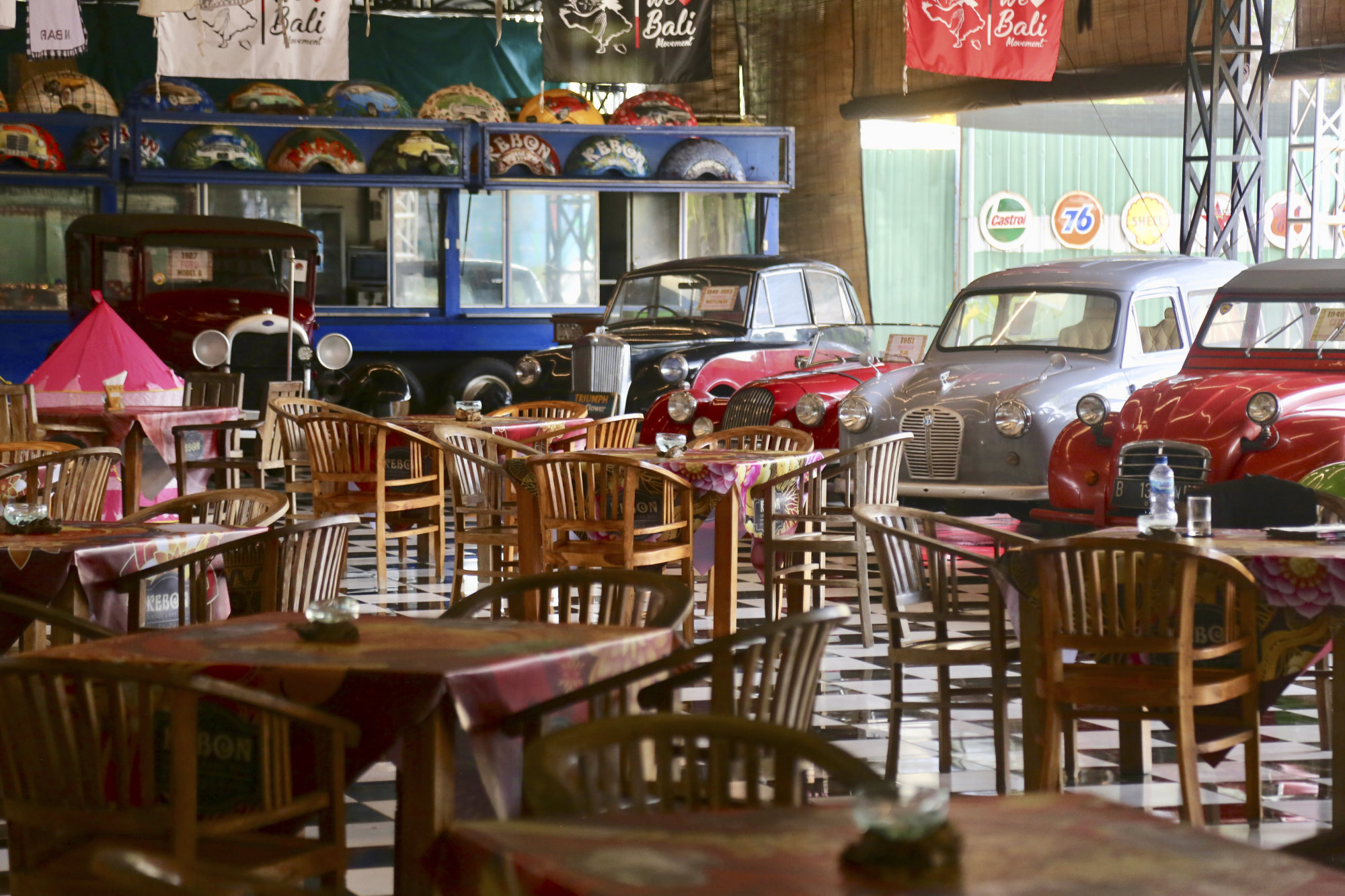
The restaurant is decorated with a cornucopia of automotive memorabilia: a 1950s petrol pump, racing car seats, old car radios, number plates, toolboxes, street signs and a row of old-fashioned British phone boxes.
One phone box is stuffed with old cigarette boxes, another has hundreds of antique watches inside, while a third holds a large collection of Matchbox model cars. The restaurant also holds another dozen classic cars, including Dharmawan’s first, a 1950 Fiat 1100, plus a vintage Vespa scooter with a custom-made colour-matched beige trailer.
Kebon Vintage attracted healthy visitor numbers during the New Year holiday period, when up to 9,000 domestic tourists arrived in Bali every day. But after tighter travel restrictions and a 9pm curfew for businesses were introduced to slow the second Covid-19 wave, in late January, weekday traffic has decelerated significantly and the staff at Kebon have been placed on part-time rosters.
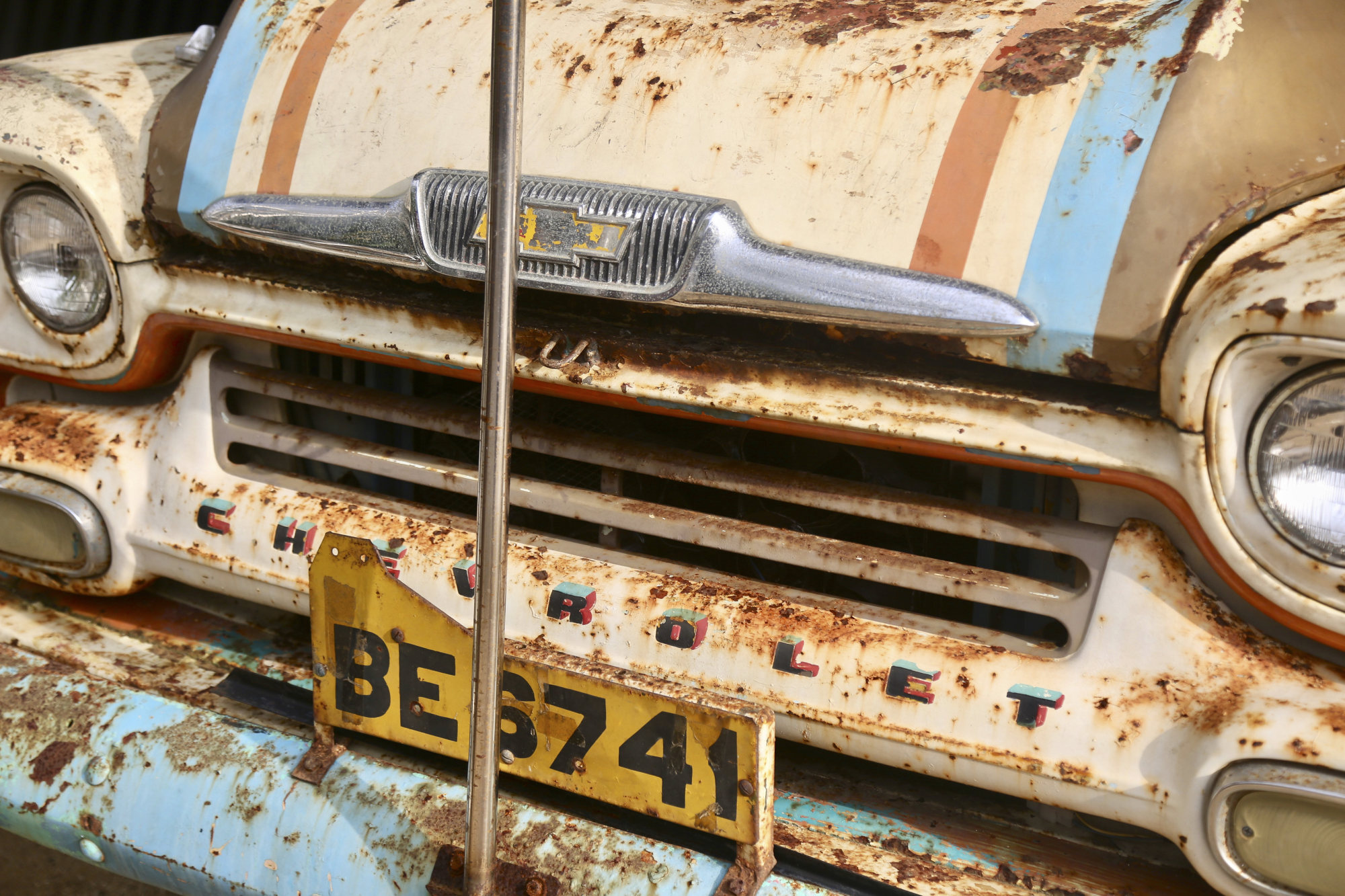
Dharmawan doesn’t appear to be losing any sleep over it.
“The pandemic made me realise that no matter how successful you are in business, you will always face new hardships and challenges,” he says. “The only way to survive is to be mentally ready to adapt to new situations.”

